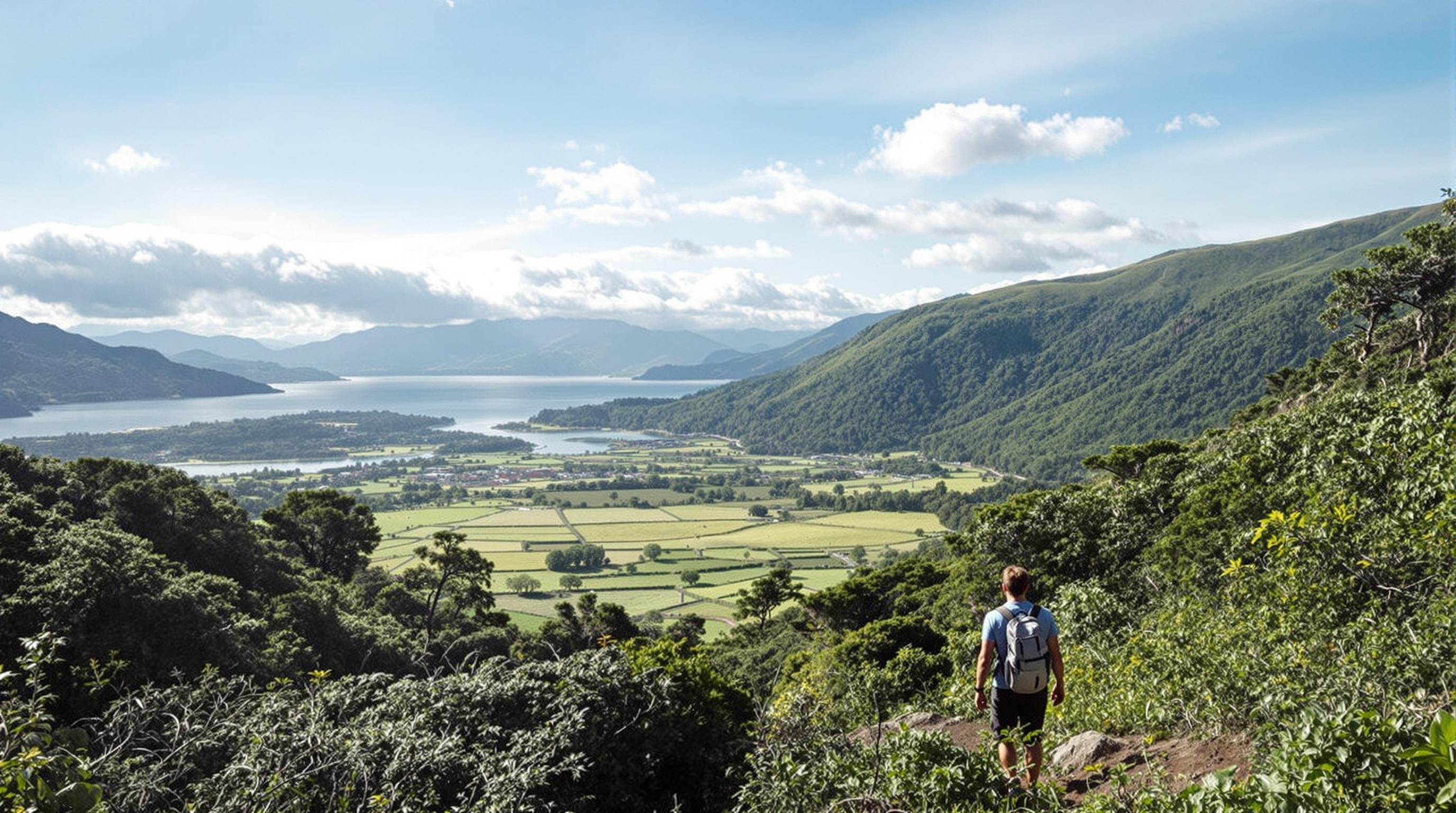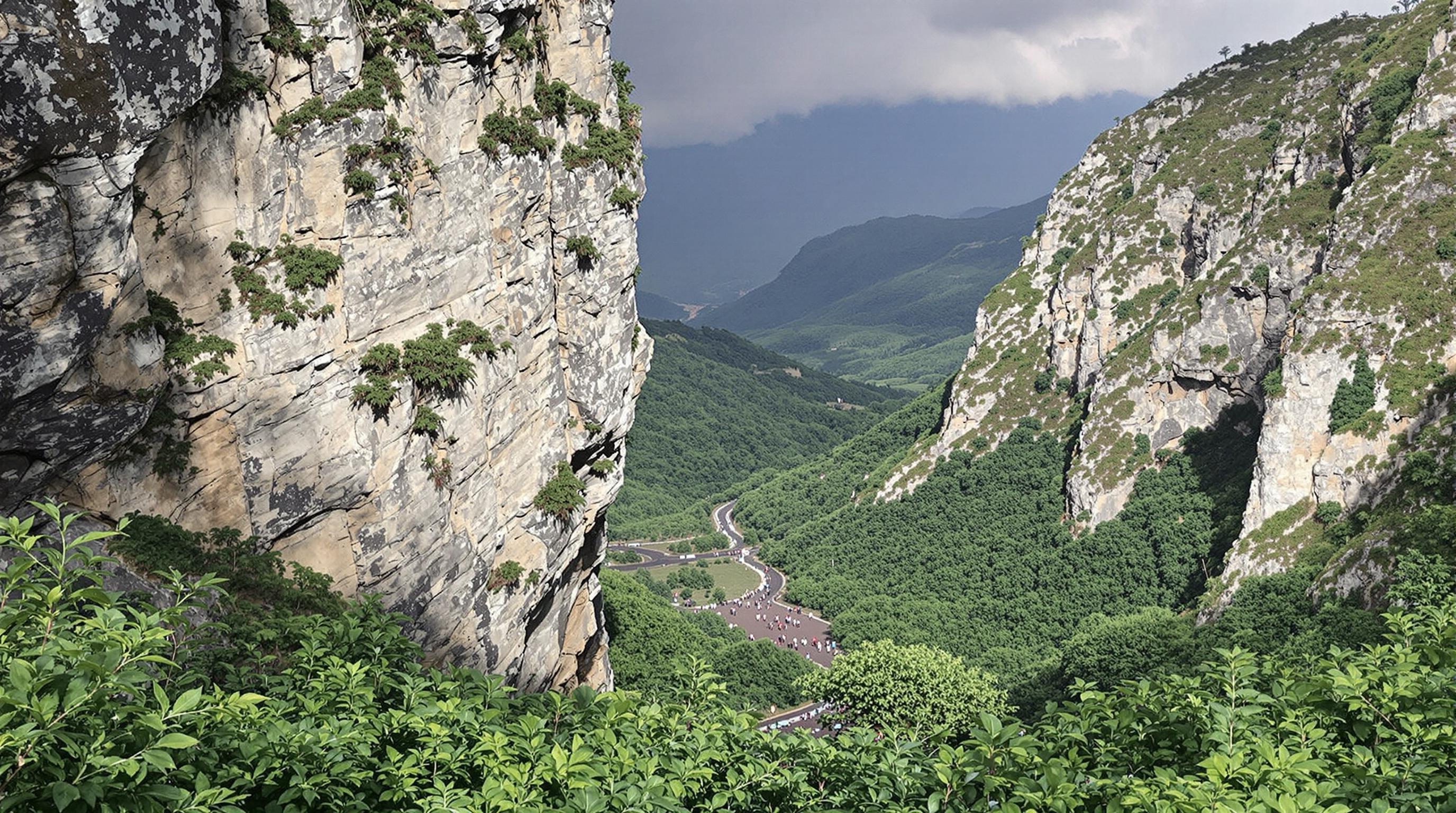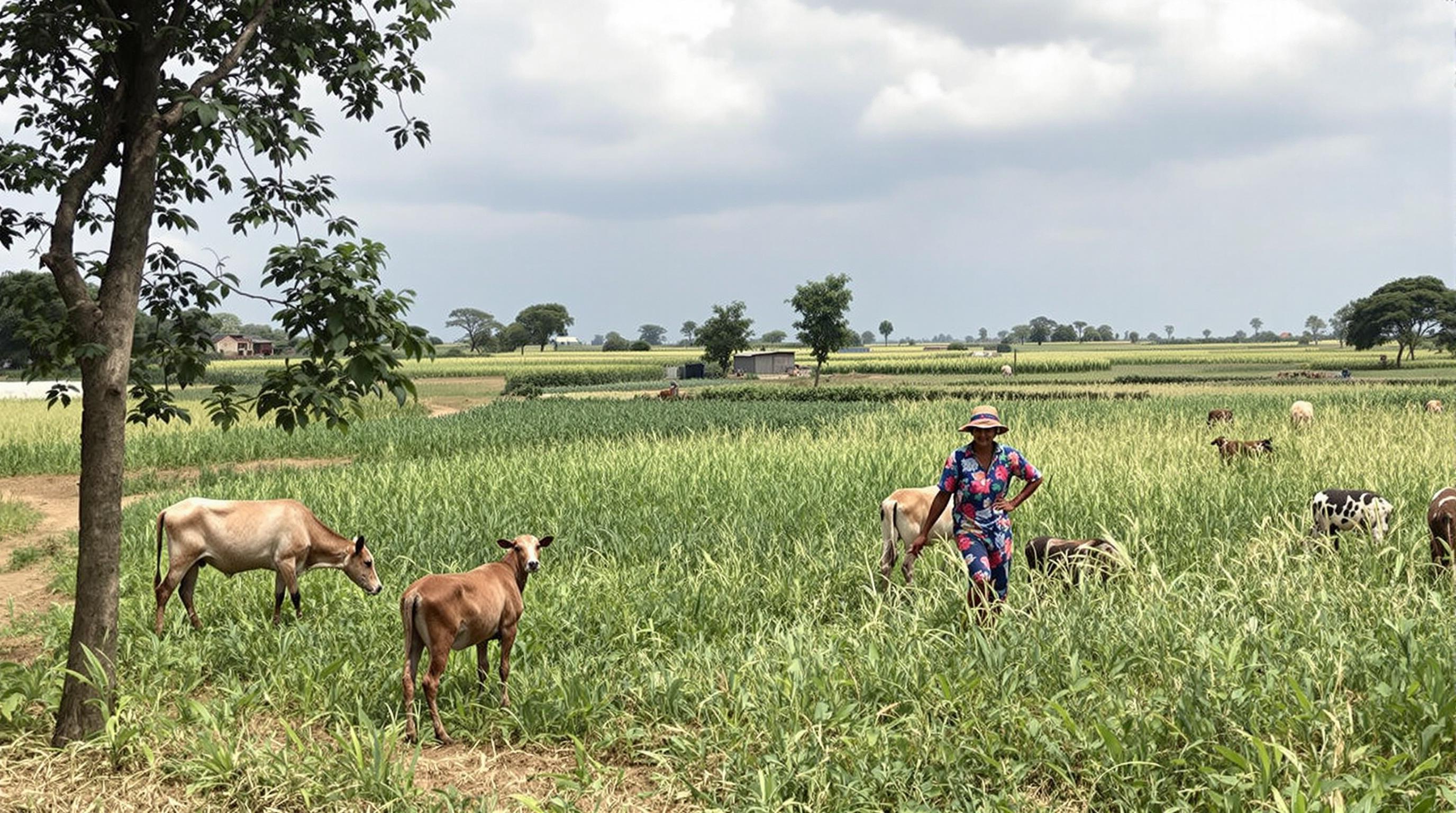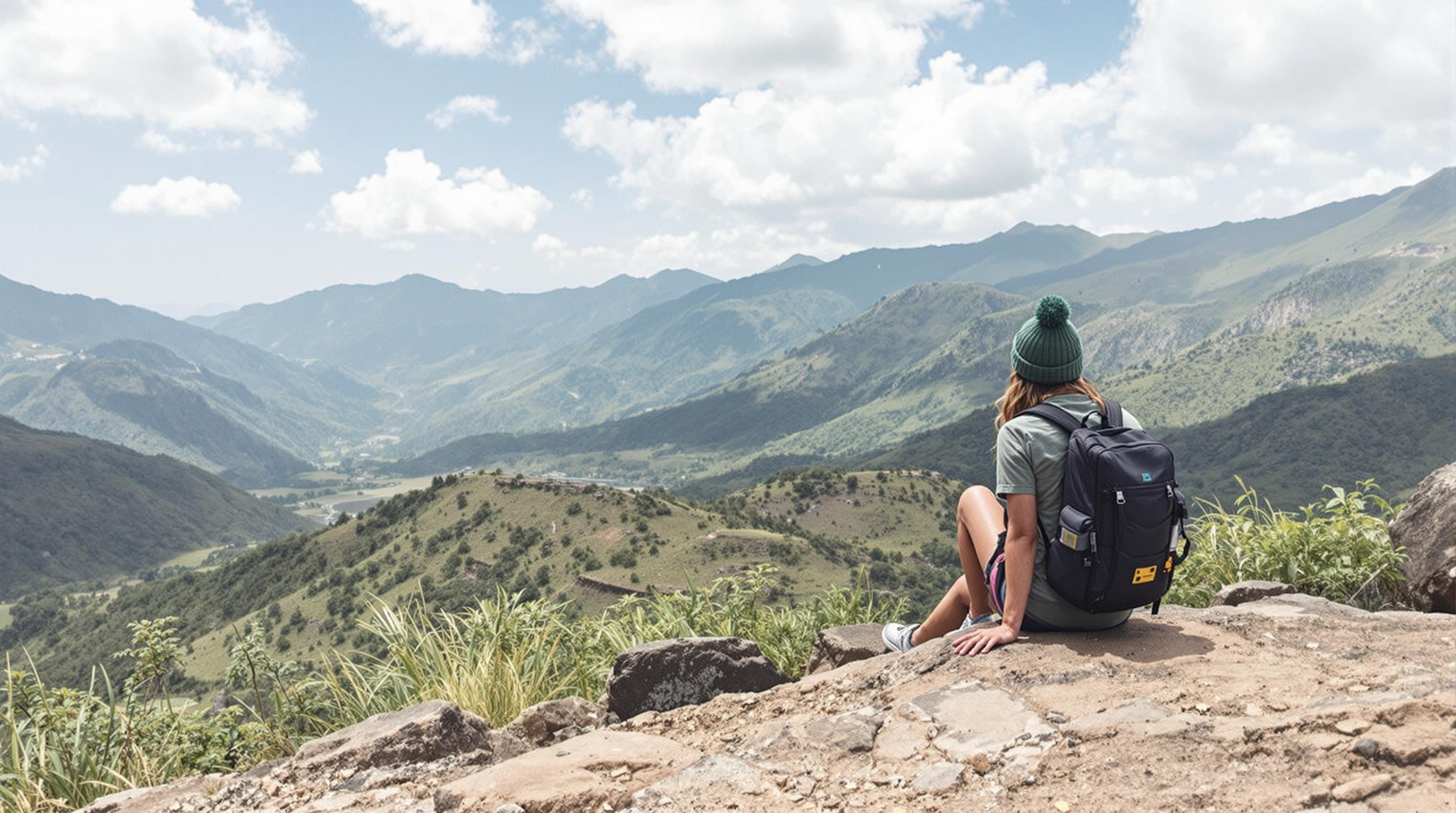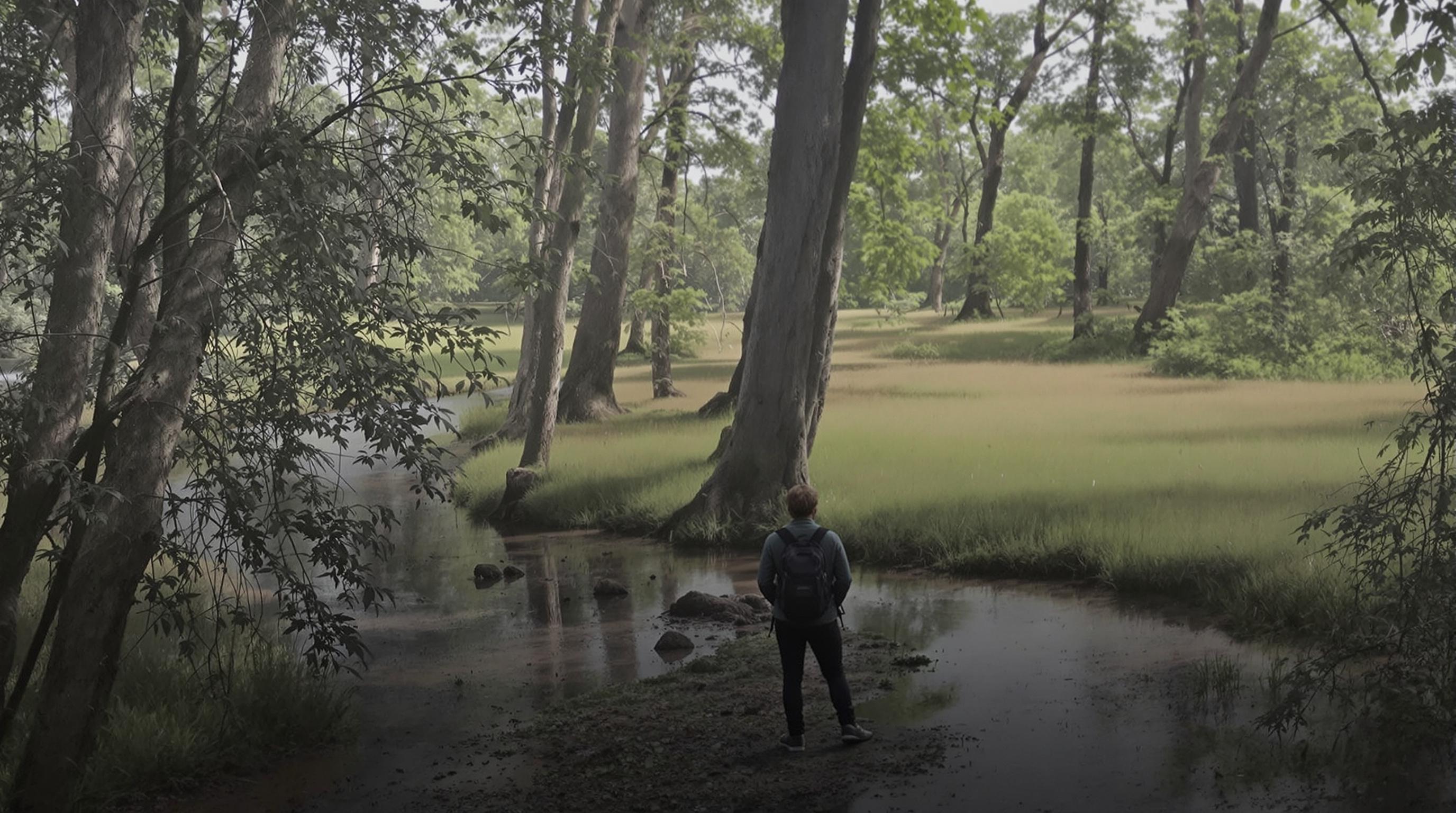Related Articles
- Culinary Cartography: The Unexpected Foods Shaping Local Identity in Urban Landscapes
- Flavors of the Forgotten: Rediscovering Culinary Traditions in the Shadows of Modern Food Trends
- Palate Pilgrimage: The Unlikely Fusion of Ancient Rituals and Modern Local Fare
- Ecosystem Engineers: Celebrating the Role of Nature-Based Solutions in Transforming Eco-Travel Experiences
- Ghost Towns and Green Trails: Unearthing Sustainable Journeys Through Forgotten Landscapes
- Hidden Footprints: Decoding the Carbon Footprint of Digital Nomadism in Edging Towards Sustainable Getaways
Ecosystem Engineers: Celebrating the Role of Nature-Based Solutions in Transforming Eco-Travel Experiences
Ecosystem Engineers: Celebrating the Role of Nature-Based Solutions in Transforming Eco-Travel Experiences
Understanding the role of ecosystem engineers and nature-based solutions can significantly enhance eco-travel experiences, enriching both the environment and the traveler. This article explores how these natural architects transform landscapes and promote sustainable tourism practices, ultimately shaping the journey of eco-conscious travelers.
The Unsung Heroes of Nature
Think about the beaver dam. It might not be the first thing you consider when planning your eco-travel adventure, yet this humble creature plays a pivotal role as an ecosystem engineer. Beavers build dams that create wetlands, which serve as essential ecosystems for countless species. According to a study by the University of Alberta, their activities increase biodiversity by attracting a range of aquatic and terrestrial life. So next time you're kayaking through a serene wetland, remember the industrious beaver that helped shape this picturesque setting!
A Day in the Life of an Eco-Traveler
Picture yourself waking up in an eco-lodge nestled in the heart of the Amazon rainforest. The air is rich with the sounds of chirping birds and rustling leaves, and you can feel your spirit rejuvenating. This isn’t just a getaway; it’s an immersion into a vibrant ecosystem. Each step you take is enriched by the knowledge that the lodge operates on principles of sustainability, perhaps powered by solar energy or utilizing local, organic materials designed specifically to minimize environmental impact. This is the new face of eco-travel.
Statistics that Speak Volumes
Did you know that eco-tourism is one of the fastest-growing sectors within the travel industry? According to the World Bank, eco-tourism can grow at a rate of 20% each year, which highlights an industry shift towards conscientious travel. The International Union for Conservation of Nature (IUCN) estimates that over 60% of travelers are ready to support eco-friendly practices, making it clear that travelers today are motivated to engage with the earth in a respectful and mutually beneficial manner.
Nature-Based Solutions—More Than Just a Trend
Nature-based solutions (NbS) are not just buzzwords—these strategies are transforming how we interact with our environment. NbS involves conserving, restoring, and managing ecosystems to tackle climate change while providing benefits to society, such as flood protection, air purification, and carbon storage. For example, the restoration efforts of coastal mangroves not only bolster local biodiversity but also provide vital protection against storm surges—saving communities and creating stunning travel destinations.
A Case Study in Bhutan
In Bhutan, the government has embraced eco-tourism by integrating cultural heritage with sustainable practices. This tiny Himalayan kingdom is notable for its policy of “Gross National Happiness,” which promotes well-being over traditional economic metrics. Tourists flock to this extraordinary locale, drawn not just to its breathtaking landscapes but also to its commitment to safeguarding both environment and culture. The result? A unique travel experience where visitors leave having learned about biodiversity while enjoying the spectacle of pristine nature. Bhutan has demonstrated that eco-travel can be both enriching and enjoyable.
The Role of Local Communities
Communities play an indispensable role in eco-travel experiences as they are often the stewards of their emerging environments. Engaging with local guides not only provides a richer understanding of the landscapes but also supports livelihoods directly impacted by tourism. For instance, the Maasai guides in Kenya offer tourists a detailed insight into their culture and traditional ecological knowledge, enhancing the travel experience while preserving their way of life. It’s a win-win scenario, demonstrating the importance of centering local insights in eco-tour journeys.
A Humorous Take on Travel Mishaps
Now, let’s pivot slightly and imagine this: You’re hiking through a lush forest, relishing the chirp of a thousand frogs, when you slip in a mud puddle and land face-first into a bed of wildflowers. If only you’d been paying attention to that adorable little “Eco-Engineer in Training” standing next to you—the rabbit who had just dug a fairly impressive burrow! Balancing humor with nature's wonders reminds us how not everything in travel goes smoothly, but it’s these unpredictable moments that make stories worth telling.
The Future of Eco-Travel
As we look toward the future, the path of eco-travel seems bright. With climate change impacting traditional travel hotspots, interest has grown in less-trafficked but wildly beautiful areas that showcase the planet’s ecological diversity. The United Nations has reported that eco-tourism can play a critical role in achieving multiple Sustainable Development Goals, including poverty alleviation, promoting peace, and improving gender equality. By prioritizing visits to protected areas and participating in restoration efforts, travelers become active proponents of conservation.
Transformative Experiences Through Nature
The most transformative eco-travel experiences often occur when travelers engage actively with their environment. Participating in volunteer restoration projects, like planting trees in degraded forests or cleaning up marine reserves, creates a deep connection between visitor and ecosystem. For example, programs facilitated by organizations like Green Volunteers empower millions to directly contribute to environmental conservation. These experiences foster a greater appreciation for nature and encourage lasting sustainable behaviors long after the travel experience concludes.
The Balance Between Exploration and Preservation
So how do we maintain the balance between exploration and preservation? Education is key! Travelers must be informed about their unique role in safeguarding these ecosystems. A simple act, like carrying out what you bring in when hiking or respecting wildlife, can have a significant positive impact. The motto “Leave No Trace” isn’t just a catchy slogan; it’s a guiding principle that every eco-traveler should adopt. You don’t need to be a seasoned expert to make a difference—just a conscious participant.
Conclusion: The Call for Eco-Conscious Travelers
In promoting eco-travel, we become advocates for the ecosystems that shape our planet. These nature-based solutions are evident in our communities, cultures, and ecosystems, reminding us that each little action contributes to a larger impact. It’s time we celebrate those unsung heroes of nature—the beavers, rabbits, and even local communities—while engaging in responsible travel practices that allow us to explore with a conscience. As we embark on our next adventure, let’s carry with us a deep respect for the environments that welcome us. The journey towards sustainable eco-travel is not just a trend but a necessary evolution for our planet and future generations.
